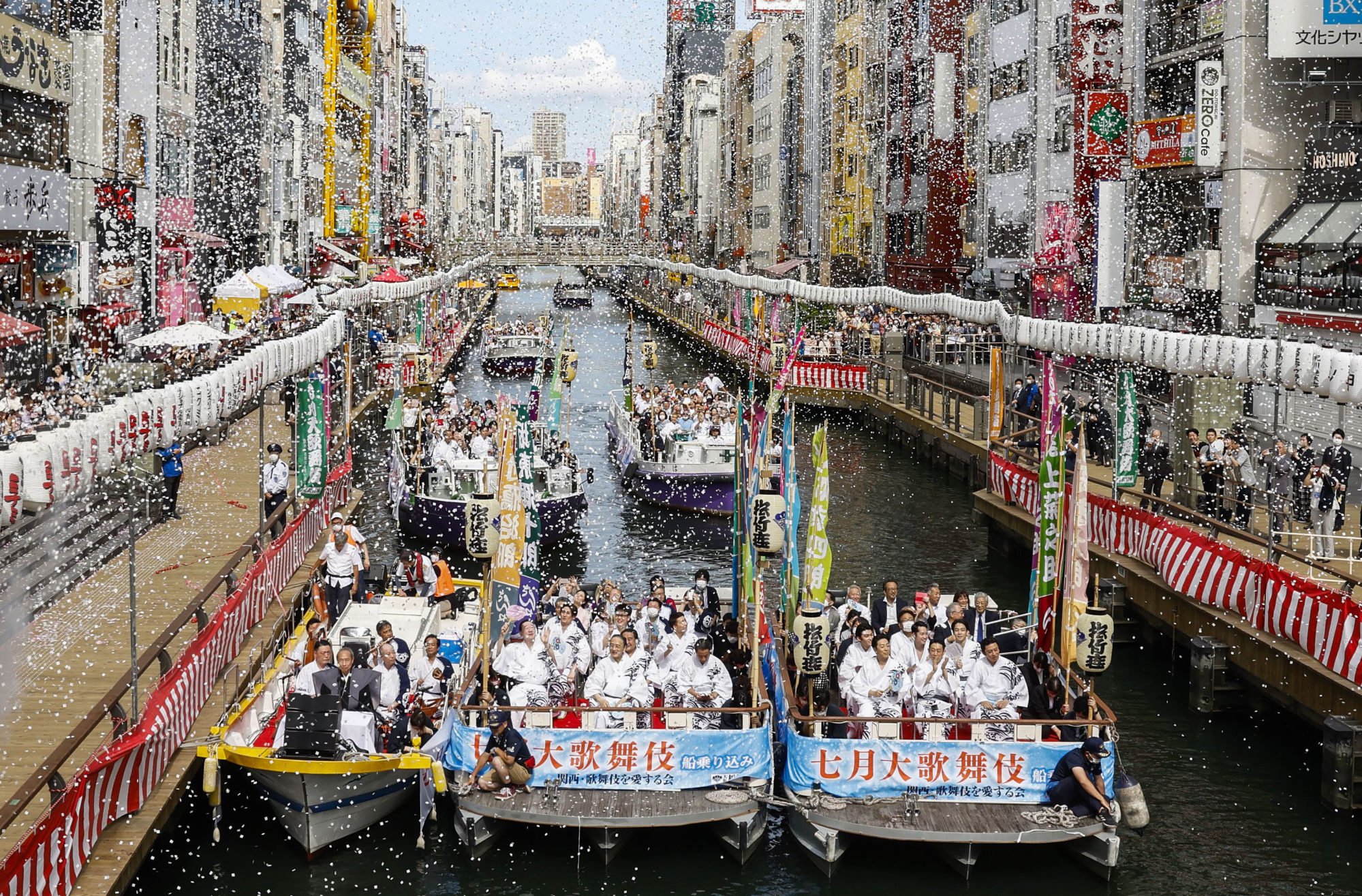
Hongkongers eye Japan for ‘revenge travel’, with country among top destinations for city residents with wanderlust
- Hong Kong visitors to Japan reached almost 90 per cent of pre-pandemic levels in June, becoming fourth-biggest group of travellers there
- Cathay Pacific Airways, says it expects to post a net profit of up to HK$4.5 billion for the first half of 2023, following three straight years of losses
Hongkongers’ interest in travel to Japan this summer has more than doubled from pre-pandemic levels, according to online agency Expedia, despite airfares that are expected to stay high for the rest of the year.
Over 45 per cent of flight searches in July and August were for destinations in Japan, more than double that of the same period in 2019, said Expedia Group brands’ Asian head of public relations, Lavinia Rajaram.
She said the cheaper yen and relatively high number of flights could have made Japan attractive to Hong Kong travellers.
Tokyo, Osaka and Fukuoka were among the top five destinations booked through Expedia for July and August, along with Bangkok and Taipei. The rest of the top 10 were London, Kaohsiung, Seoul, Phuket and Okinawa.

Hong Kong is experiencing strong travel demand, despite more expensive ticket prices which have allowed airlines to recoup losses incurred during the Covid-19 pandemic.
The city’s flag carrier, Cathay Pacific Airways, this month said it expected to post a net profit of up to HK$4.5 billion (US$577 million) for the first half of 2023, following three straight years of losses.
Hong Kong visitors to Japan reached almost 90 per cent of pre-pandemic levels in June, becoming the fourth-biggest group of travellers there.
There were 2.07 million visitors to Japan in June, with 186,300 from Hong Kong, behind South Korea at 545,100, mainland China at 208, 500 and Taiwan at 389,000, according to Japanese government data.
Lily Agonoy, managing director of Jebsen Travel, told the Post “revenge travel”, which refers to people’s pent-up desire to go abroad after three years of the pandemic, was held back by the limited number of seats and higher airfares, except for Japan.
“Revenge travel applies from Hong Kong to Japan, because if you look at the flights that Cathay Pacific, HK Express and Hong Kong Airlines are adding, there are a lot and the flights are full,” she said.
The travel agency found that airfares from Hong Kong were between 10 and 50 per cent more expensive than in 2019.
A Cathay economy class return ticket to Tokyo was 57 per cent higher on average this year than in 2019, London was 6 per cent higher and New York was 45 per cent higher.
Economy class return air tickets to Taipei on Taiwanese carrier Eva Air were 39 per cent higher.
One reason for the higher fares, Agonoy said, was that not as many airlines were flying to Hong Kong compared with before the pandemic, and Cathay itself was operating at below 60 per cent of its pre-pandemic passenger levels.
Her advice for travellers was to book early and be flexible on their dates and destination.
“If they’re considering Japan, maybe also consider going to Korea or Taiwan. If there are good deals, go to that destination,” she said.
Herman Tse, senior aviation analyst at Ascend by Cirium, said the firm expected fares from Hong Kong to remain high throughout the year.
Cathay Pacific Group, which includes HK Express, has targeted achieving 70 per cent of its pre-pandemic passenger capacity by the end of the year, while Hong Kong Airlines was aiming to hit 75 per cent.
Emirates chief commercial officer Adnan Kazim told the Post on the sidelines of a meeting of more than 300 airline executives in Istanbul last month that airfares should “balance out” by next year.
The Dubai-based carrier currently flies twice a day to Hong Kong and hoped to add a third daily flight to meet demand.
Alan Joyce, outgoing CEO of Australian carrier Qantas, who was also at the International Air Transport Association (IATA) annual meeting, said airfares were easing from last year’s highs as the airline added more seats.
He added that Qantas expected its international seat capacity to be at “full levels” by next March.
“We’re doing everything we can to get that capacity up and running and that is the big function of moving air fares down internationally,” he said.

